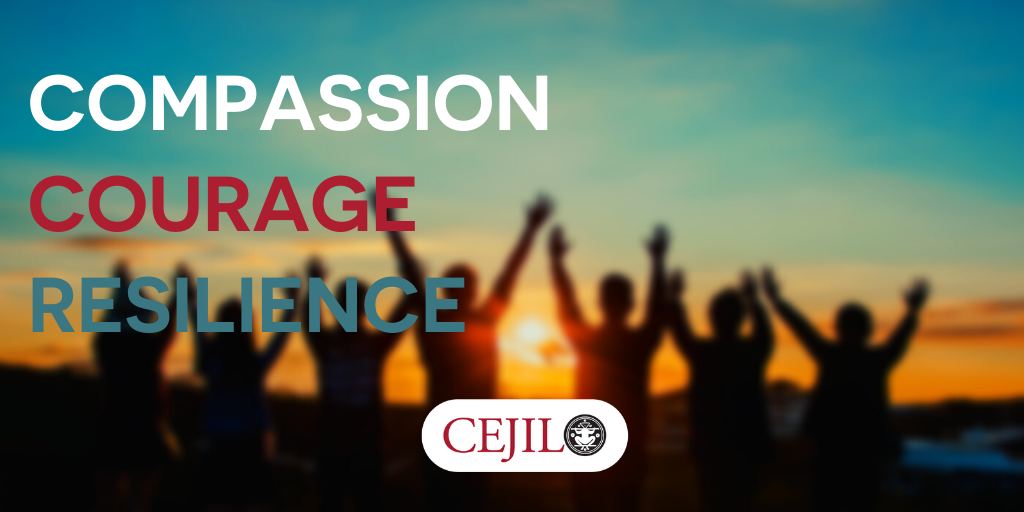






Washington, D.C. March 17, 2020.- In recent weeks, we have seen how the countries across the globe have activated high-impact health measures to prevent the spread of coronavirus or COVID-19, now recognized as a pandemic by the World Health Organization.
From the Center for Justice and International Law (CEJIL) we recognize the importance of adopting public policy measures at the local, national and international levels to guarantee the health and well-being of people against the risks presented by COVID-19. To date, this novel virus has infected 167,000 people globally, and claimed 6,500 lives. In Latin America, 17 countries have reported coronavirus cases, last reported on March 15, and the number of cases continues to rise.
Faced with a situation of crisis and uncertainty, human rights must serve as a guide to develop inclusive and effective responses. A rights-oriented approach makes it possible to build medium and long-term strategies that can strengthen the plans and institutions designed to prevent or mitigate future similar health situations, locally, nationally and internationally. In that sense, it is evident that to fight a pandemic and guarantee the right to health of all people affected directly or indirectly, it is necessary to develop universal and accessible health systems. It is also clear that each person, each community, each company, each civil society organization, must act with the awareness that an adequate response to a health crisis also relies on our actions and demands we respect certain obligations with regards to other people in order to effectively safeguard the rights of all.
One measure to prevent and address the spread of the COVID-19 is ensuring access to official, up-to-date and accurate information. It is essential to ensure that information on the situation and response measures is actively circulated as it evolves. State authorities must issue up-to-date information and accurate standards of care set by national and global health institutions. They must also adopt measures to counter the lack of information and disinformation campaigns. Those who govern and those who hold positions of leadership within their communities must set examples both in their proposals and in their actions to counter the coronavirus.
Likewise, we encourage States to consider that some responses may have a differential impact on society’s most vulnerable groups, as well as on those who live in regions with poor to non-existent health coverage. These include the homeless, those who work outside the formal sector, girls who depend on schools for food, migrants, women at risk and others. In this regard, authorities at the local and national level have the responsibility to evaluate each of the measures, adopting those that mitigate the differentiated impacts on people in such circumstances. In that spirit, we encourage solidarity and coordination between different groups and sectors, to face the repercussions that the pandemic will cause, in order to generate safeguards for the most vulnerable sectors of society from any economic impacts. States and society in general, in turn, must reject speeches and actions that encourage xenophobia and discrimination against any group.
Finally, in several countries, measures have been adopted to restrict rights. Latin America has a long history of dealing with states of emergency or exception.It is critical to understand that these measures are governed by a series of criteria regarding their proportionality, necessity, temporality, periodic evaluation and guarantee of rights.
CEJIL remains firm (and under voluntary quarantine) in promoting the health and well-being of those who inhabit the region. We encourage all to comply with current health measures and to respect and promote human rights. As we transition through these moments, we express our solidarity and support to all, confident that the compassion, courage and resilience that unites us as human beings will help us weather this storm.